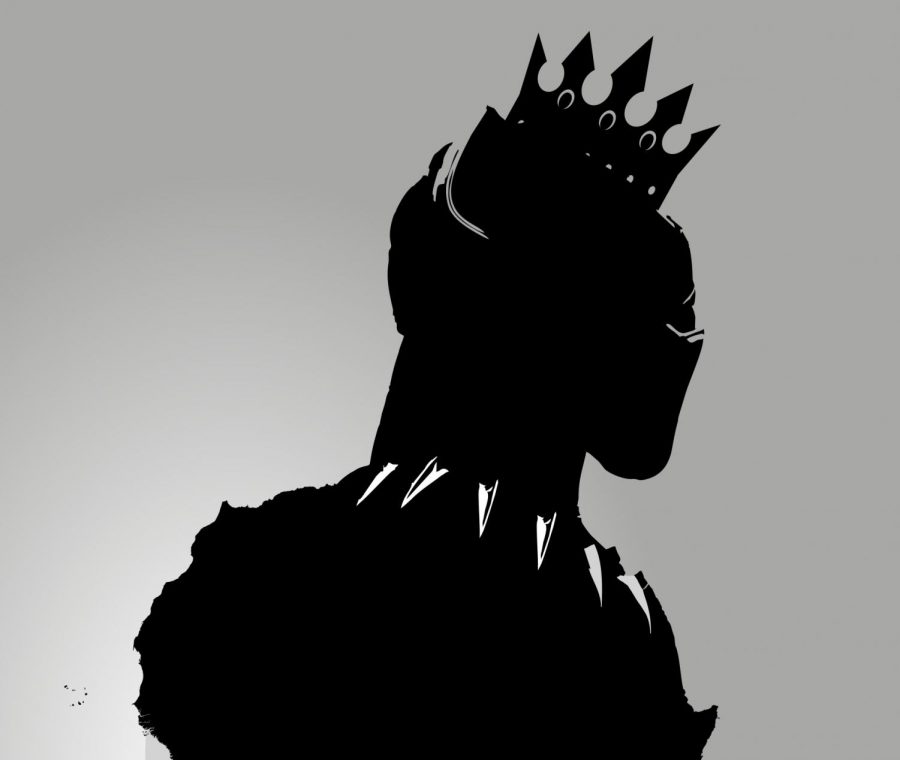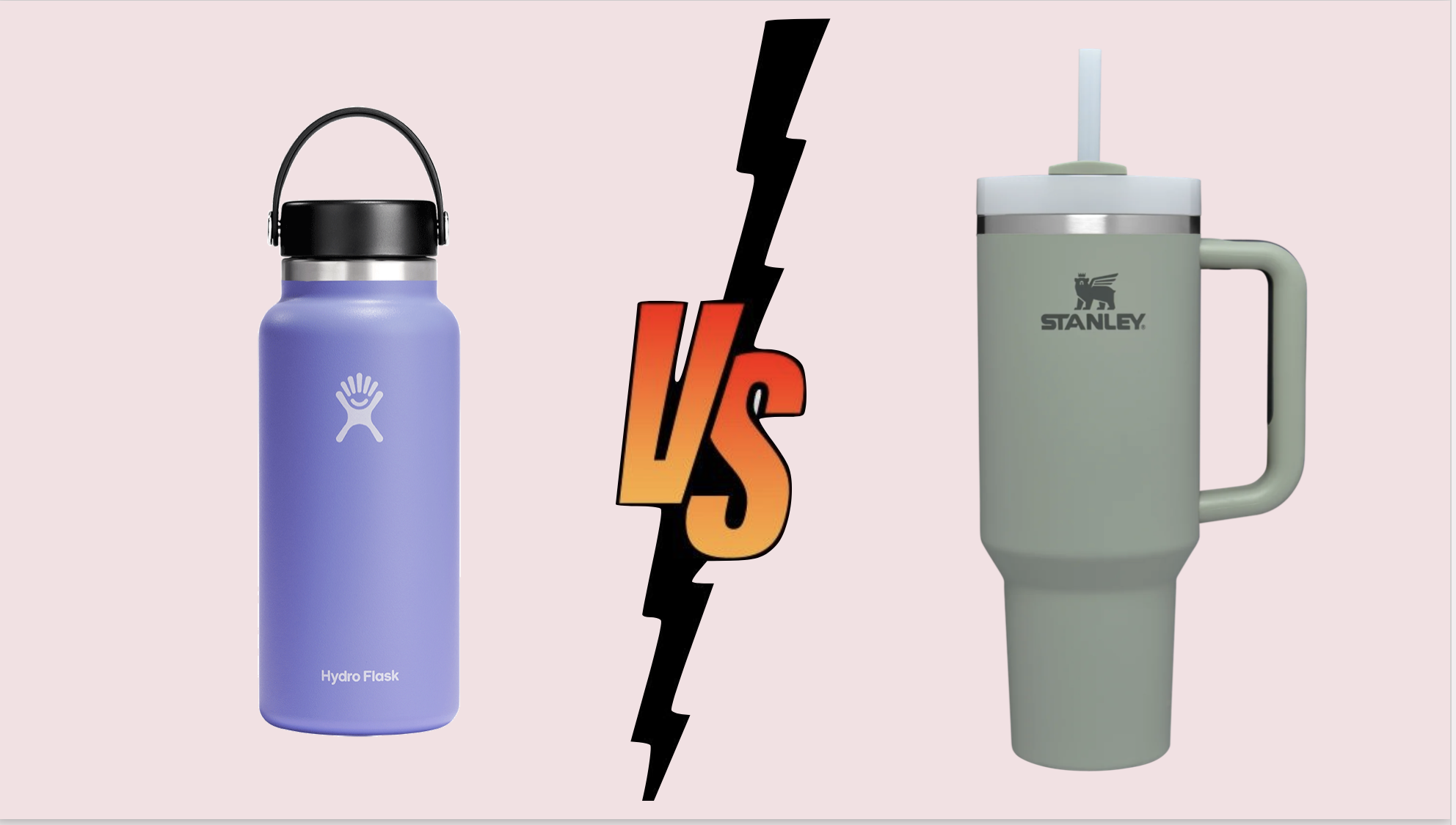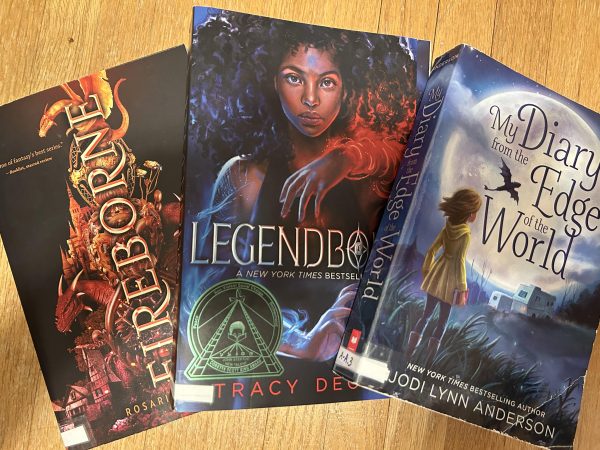The newly released movie “Black Panther” is a major success
Despite its flaws, Marvel’s “Black Panther” is intense and highly entertaining.
Lindsay Silveira vis Flickr, Creative Commons
“Black Panther” is the first African super character. It has skyrocketed in success.
March 21, 2018
Marvel’s Black Panther, a movie about the first superhero comic character of African descent, is smashing box office records, raising a difficult bar for other movies released in 2018 to follow.
Black Panther certainly is breaking trends, as it’s the first Marvel movie with a primarily black cast. The setting of the fictional African country, Wakanda, is very different from Marvel’s typically urban city settings. Praised for being both politically relevant and forward-thinking, Black Panther has inspired a new streak of activism in minority communities.
Black Panther stars Chadwick Boseman as prince T’Challa of Wakanda, a secretive and solitary nation, who becomes king after his father dies in a terrorist attack at the United Nations summit. As T’Challa’s rule begins, he finds his sovereignty challenged by an unexpected contender to the throne.
The story takes place in Wakanda, an African country that discovered vibranium, one of the universe’s most powerful metals. After vibranium crashed on earth long ago, it helped Wakanda become the most powerful and technologically advanced country in the world, allowing it to avoid the terrors of colonialism. Using its technology, Wakanda has hidden under the guise of a poor, desolate third-world country, keeping an isolationist attitude and refusing to entangle themselves in foreign affairs.
Black Panther has three main plots: T’Challa tracking stolen vibranium, fighting for control of his country, and an internal struggle of Wakanda deciding on whether or not it should intervene in world affairs. The last two intermingle the most, but all three are held together by the main villain, Erik Killmonger, who is played by Michael B. Jordan.
The story itself works; the problem is the pacing. The movie moved very slowly at the beginning, and there were several plot threads that were briefly mentioned and then dropped until the end of the third act. I thought that an extra twenty or so minutes to flesh out character relationships and Wakanda’s culture would have helped a lot.
I do love the theme of the empowerment of the oppressed and the struggles Wakanda has with its foreign policy, both of which are culturally relevant issues that parallel today’s countries.
The movie blended humor very well, and I was impressed with how natural the jokes felt. The movie transitioned seamlessly from action to humor and back again without any signs of tonal dissonance. There was one joke in the movie that stood out as dated, but it wasn’t a glaring offense.
The aesthetic of Black Panther could best be described as “Afrofuturism,” or the union of African/African-American culture with technology. There’s an interesting, yet stark contrast between the spaceships, nanotechnology and hyper advanced machinery and the traditionally African culture that is portrayed.
The special effects ranged from amazing to not great. Sometimes the effects looked very early 2000s, with no blood from injuries, and awkward movements when in fight scenes.
The soundtrack is hard-hitting and epic with an all-star lineup of Kendrick Lamar, The Weeknd, SZA, Khalid, James Blake, Vince Staples and more. I’d gush about it more if there wasn’t already another article on it.
The movie has its problems, and isn’t the masterpiece that its Rotten Tomatoes score suggests. Despite that, I loved Marvel’s Black Panther and will most definitely watch it again. Michael B. Jordan and Chadwick Boseman give incredibly powerful performances. The movie is flawlessly acted with energetic cinematography and a stellar soundtrack that distinguish Black Panther from its predecessors. I give it 4 stars out of 5.



























































